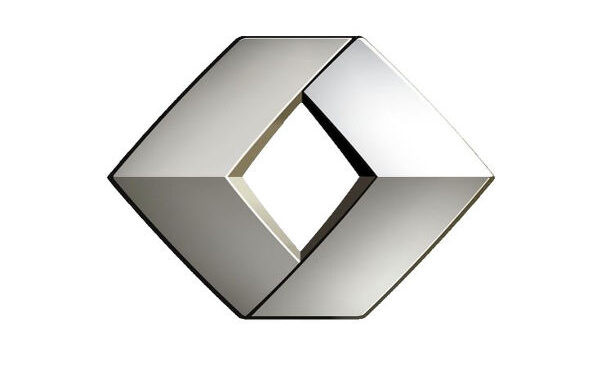In an effort to reuse more of the crucial raw materials, French manufacturer Renault is reportedly in advanced talks with possible partners to extract and recover lithium and other metals from used electric vehicle batteries.
Renault hopes to be the first manufacturer in Europe to recycle batteries on an industrial scale, even as the practice of recycling auto parts is becoming more widespread.
“Nobody in Europe can currently claim to recycle used batteries in a closed-loop to reproduce nickel, cobalt, and lithium to make new batteries,” stated Jean-Philippe Bahuaud, CEO of Renault’s environmental unit, “The Future Is Neutral” (TFIN).
In an interview conducted ahead of this week’s ChangeNOW conference in Paris, he stated that talks with specialized businesses that may collaborate on recycling are at a “advanced” level.
Concerns regarding the region’s excessive reliance on China for the materials are developing since the majority of the metals needed in batteries that power electric vehicles are mined and processed outside of Europe.
Recovering the metals can also result in significant cost savings, since they can make up to 70% of a battery’s price. In turn, batteries can account for as much as 40% of the cost of the car.
Miner Eramet also intends to construct a battery recycling plant at the northern French port of Dunkirk in collaboration with garbage operator Suez, with plans to begin operations in 2019. There has not yet been a definitive investment decision made.
Tesla and a number of Chinese automakers have surpassed Renault, which was a pioneer in the electric vehicle space along with partner Nissan a decade ago.
Nonetheless, its Dacia and Renault brands continue to rank highly in the European EV market. At its Flins plant, west of Paris, it will cease producing new cars in April and exclusively focus on producing partially recycled auto parts and refurbished automobiles.
Bahuaud anticipates that this year, Flins will fix 9,000 batteries.
Renault offers a 30% discount on batteries as well as other refurbished items including chargers and electric engines compared to new products.
By 2030, the TFIN company hopes to reach sales of 2.3 billion euros ($2.49 billion) and an operating profit of above 10%.







